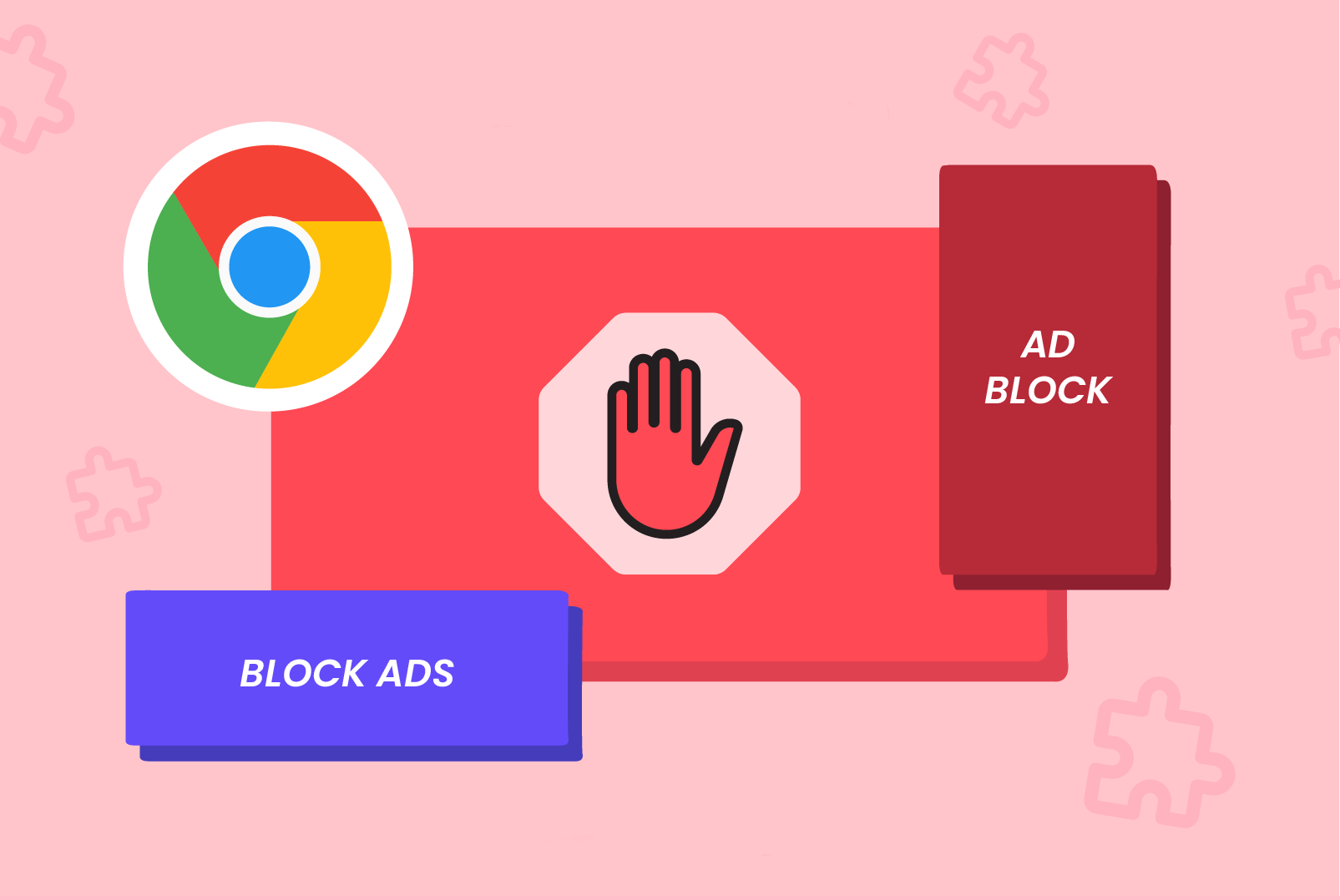Google announced that it will disable the Manifest V2 API in the Chrome browser, through which all existing ad blockers and other extensions work.
The company will completely switch to API Manifest V3. Users cannot store plugins on the latest version of the database from the Chrome Web Store.
They started being disabled in Chrome Dev, Canary, and Beta builds as early as June 2024 with the release of Chrome 127 and later.
Even when developers update their solutions to Manifest V3, their extensions are severely limited in functionality. In particular, the mechanism of the chrome.webRequest API is changing, which automatically blocks data. Now it will be used to collect data.
The chrome.declarativeNetRequest API is responsible for introducing a new version of the “manifest”. It cannot modify all the data of network requests, as a web request could (in particular, it is used in the popular uBlock Origin service).
V3 allows extension developers to use a different system called the declarative NetRequest API, in which extensions must create a blacklist of predefined addresses to block.
Why is this a problem? Manivest V3 only allows extensions to run 30,000 rules, and most ad blocking extensions require the ability to run at least 300,000 rules to work effectively. Accordingly, the efficiency of their work decreases.
— explanation from NordVPN developers
The change applies not only to Google Chrome, but to all browsers based on the Chromium engine. Among them, for example, Opera, Microsoft Edge, Vivaldi and others. So for normal operation of ad blockers, change your browser to another one.
Source: Iphones RU
I am a professional journalist and content creator with extensive experience writing for news websites. I currently work as an author at Gadget Onus, where I specialize in covering hot news topics. My written pieces have been published on some of the biggest media outlets around the world, including The Guardian and BBC News.











